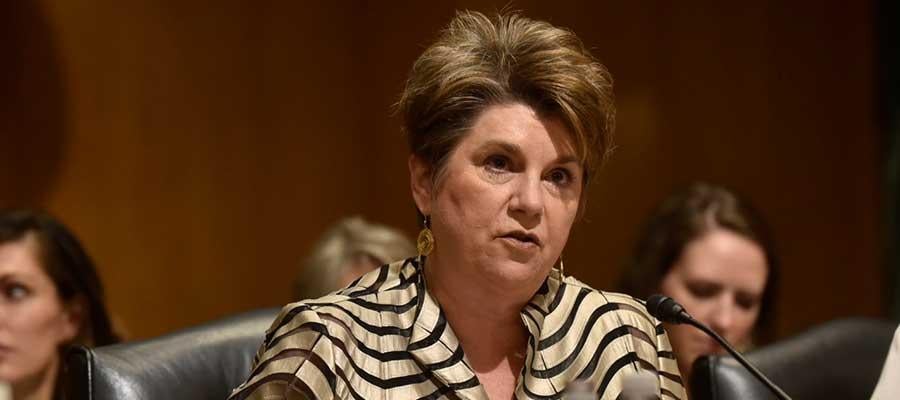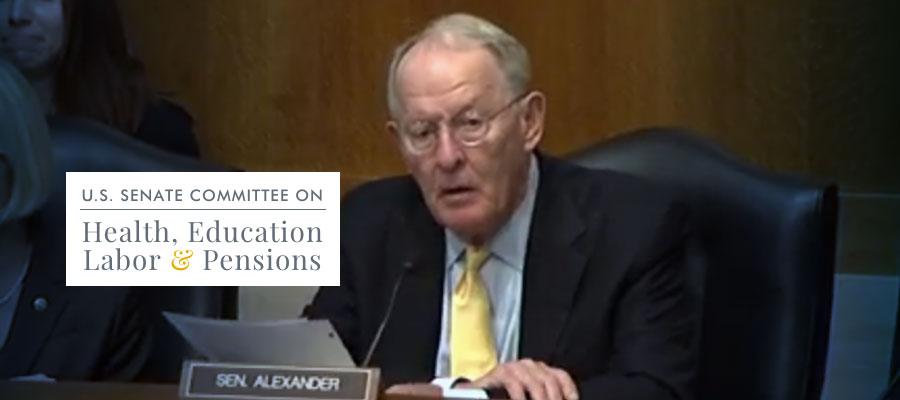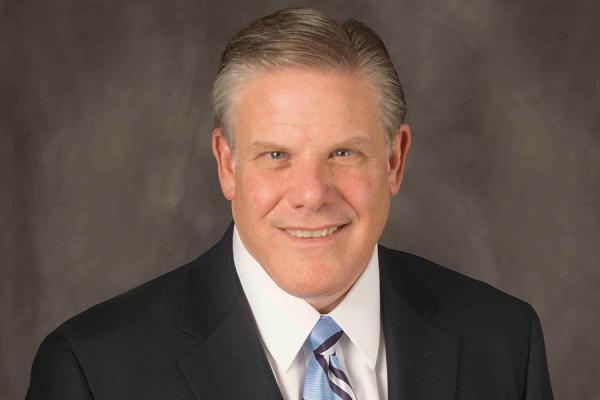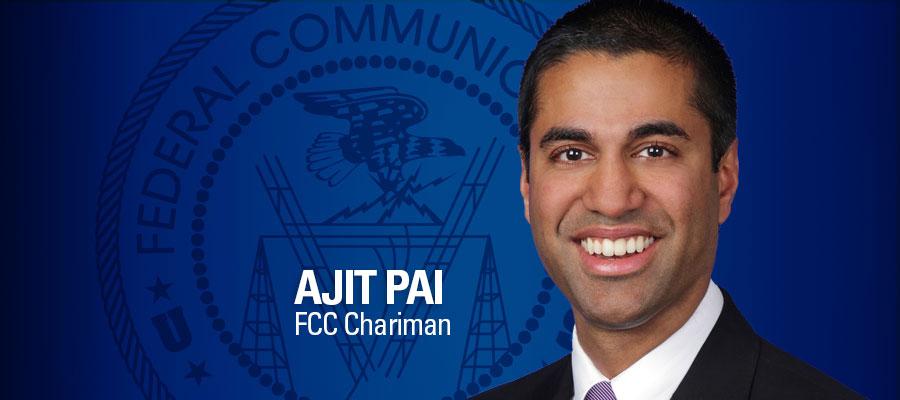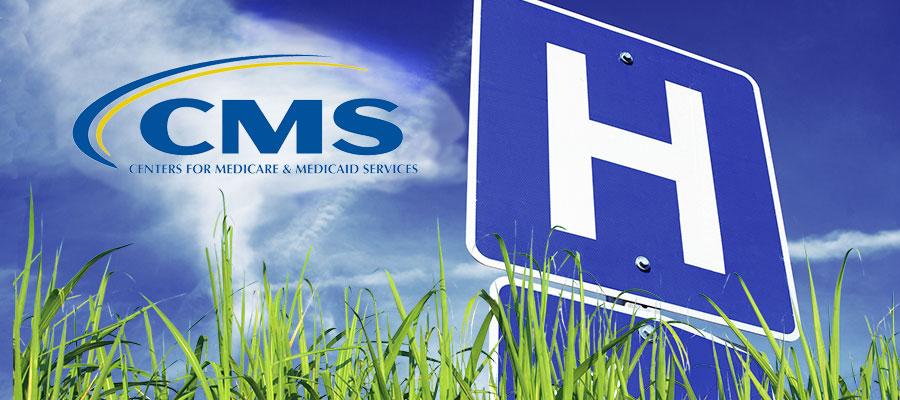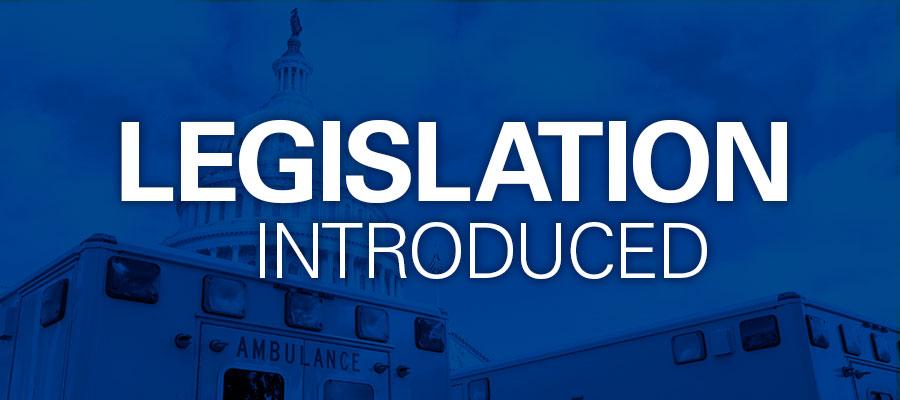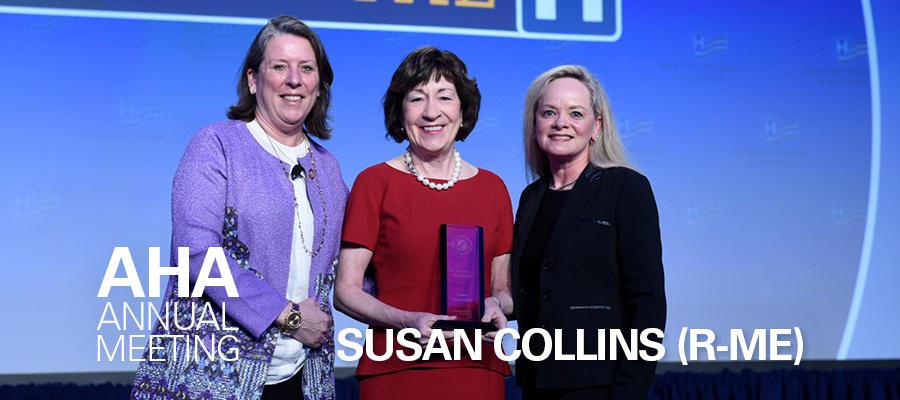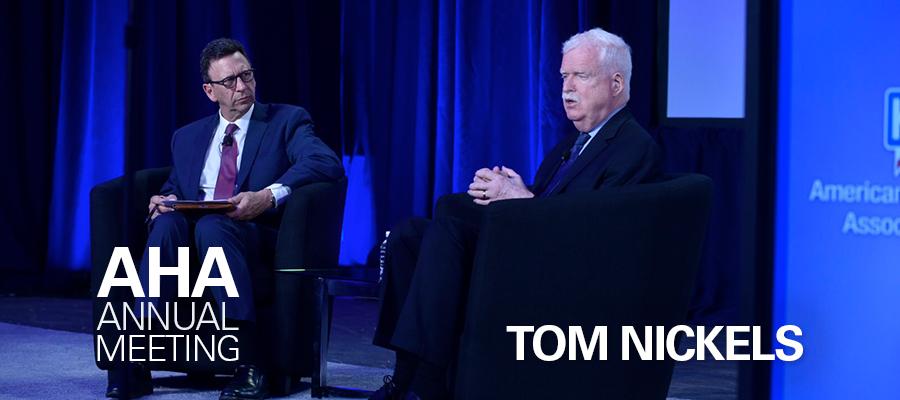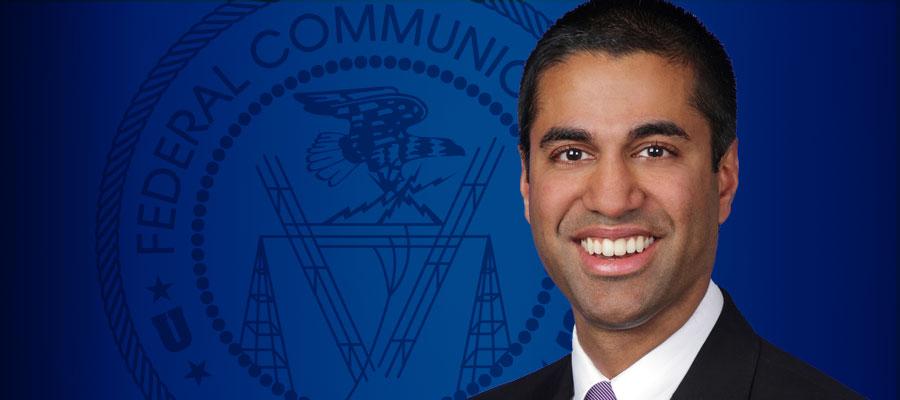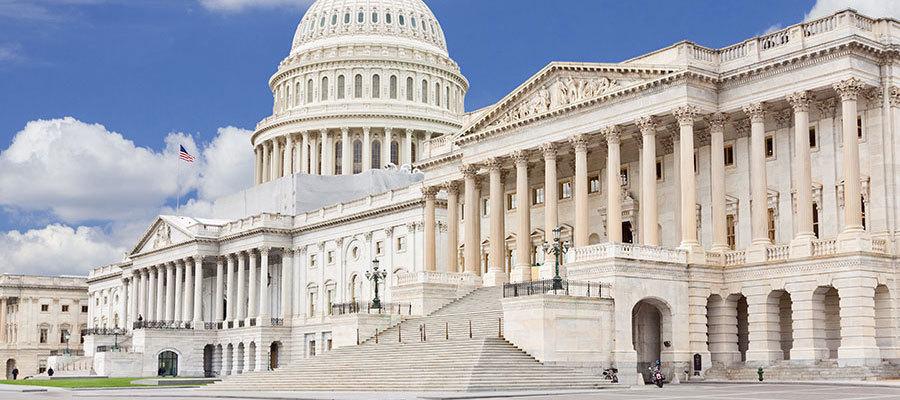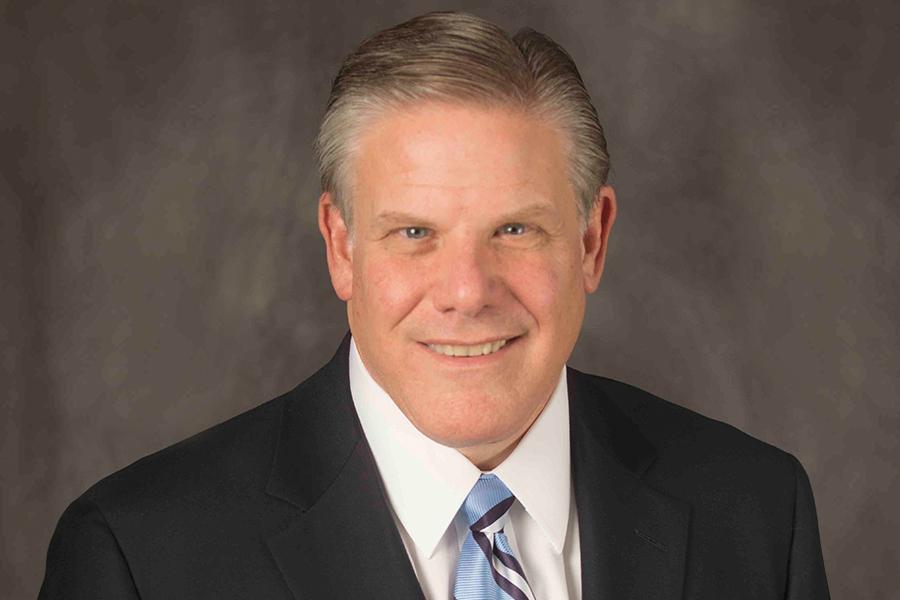Rural Health Care Leadership Conference News Coverage
The American Hospital Association’s 2022 Rural Health Care Leadership Conference, February 6-9, Phoenix, AZ, brings together top practitioners and thinkers to share strategies and resources for accelerating the shift to a more integrated and sustainable rural health system. We’ll examine the most significant operational, financial and environmental challenges including the post-pandemic impact on rural hospitals and their communities, and present innovative approaches that will enable you to transform your organization’s care delivery model and business practices.
Couldn’t attend AHA’s 2022 Rural Health Care Leadership Conference? No problem. Follow along here for updates, and follow along on social media using hashtag #AHARuralHealth for more.




